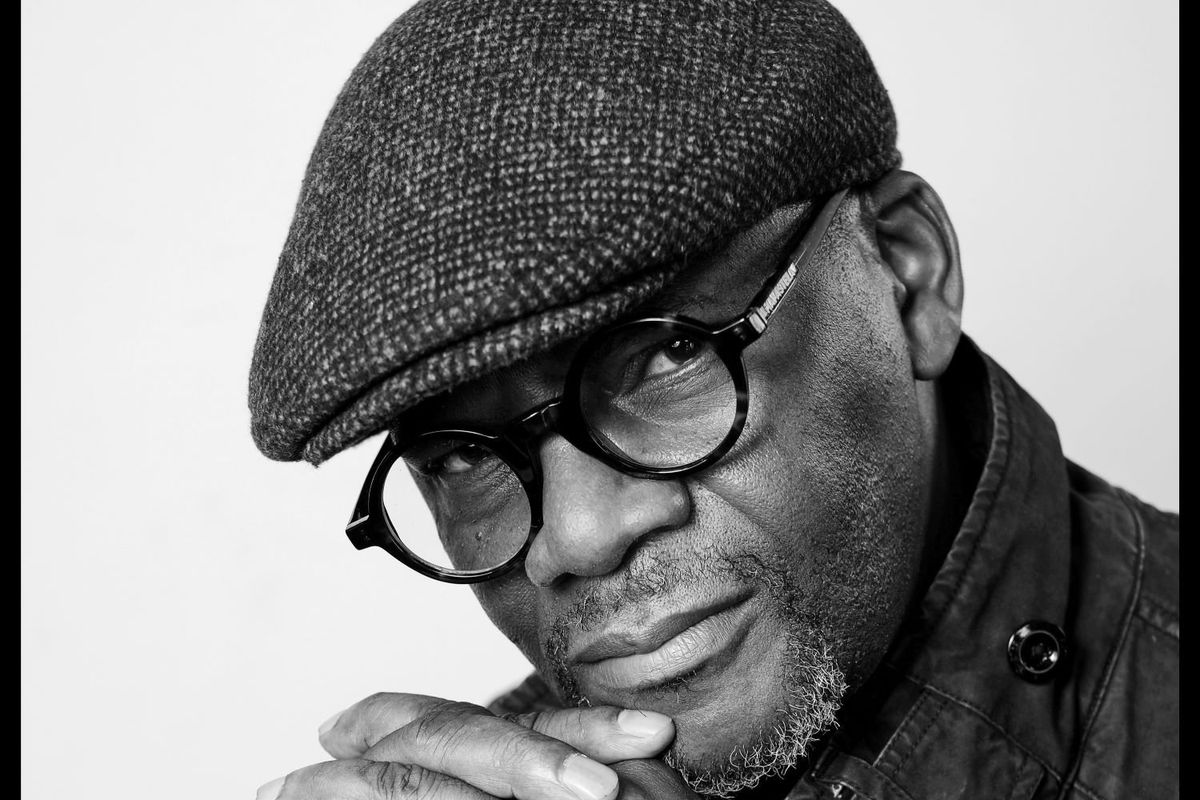
Siphiwe Mhlambi stands out as an exceptional photographer in South Africa. This year, he was honored with the Jazz World Photo Award for his captivating photo of Nduduzo Makhathini. Mhlambi possesses an extensive collection of images capturing the live music scene in South Africa, particularly showcasing his passion for jazz.
His life story is nothing short of remarkable. Mhlambi faced severe hardships as a child, left to fend for himself among strangers, enduring harsh treatment and neglect that left him physically and emotionally scarred. He battled feelings of anger stemming from the unfairness of his childhood compared to that of his peers.
Since 2018, Mhlambi has curated a series of photographic exhibitions called Expressions. These events feature workshops and performances, offering a rich display of his artistic works over the course of a month.
“Jazz has always been a source of comfort for me. It offered me freedom, a way to express myself, and a chance to witness and create something meaningful,” he shares.
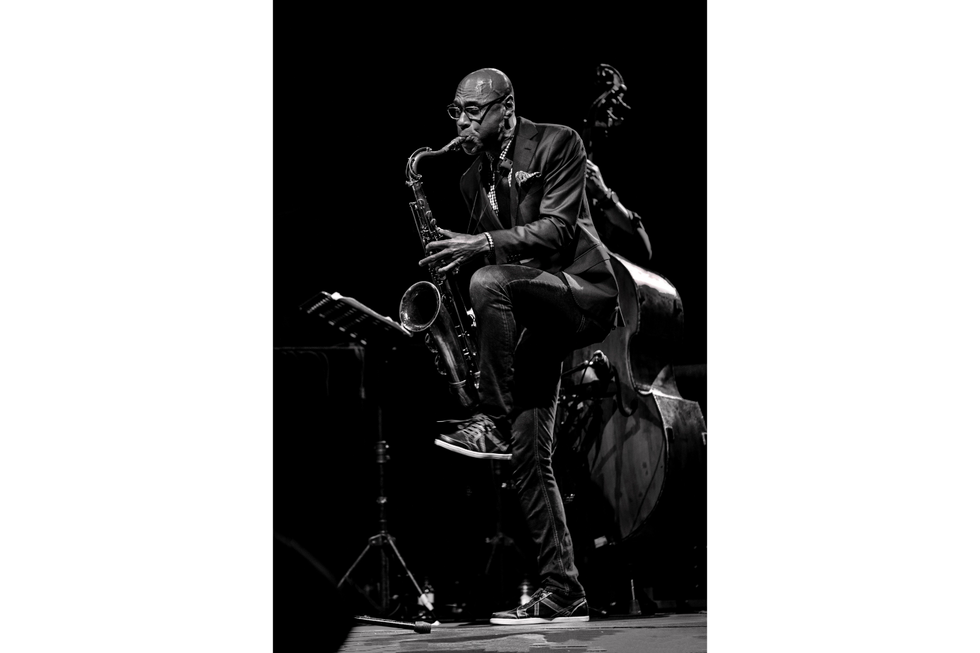
Mhlambi discovered photography at the age of 13, but initially struggled to engage with it due to his late start in formal education. “It was a camera given to me by my adoptive parent. My younger brother and I were just children living on the streets,” he recalls.
Raised in Soweto by a Basotho farming family, Mhlambi faced formidable challenges. Although a census worker advocated for his schooling, the head of the household dismissed the idea.
“I learned to accept solitude. My younger brother was safe from bullying, being younger than me. I constantly found myself involved in fights, whether on the street or at home. It shaped who I am today,” he reflects.
That same census worker, recognizing Mhlambi’s struggles, gifted him a camera and helped him enroll in school, which marked a turning point in his life. He became captivated by photography and began to use it as a refuge from bullying, eventually finding himself involved with a gang. As he progressed in his studies, his photography skills flourished. He started selling his images at school, boosting his income beyond neighborhood work. Mhlambi eventually left home to stay with a friend.
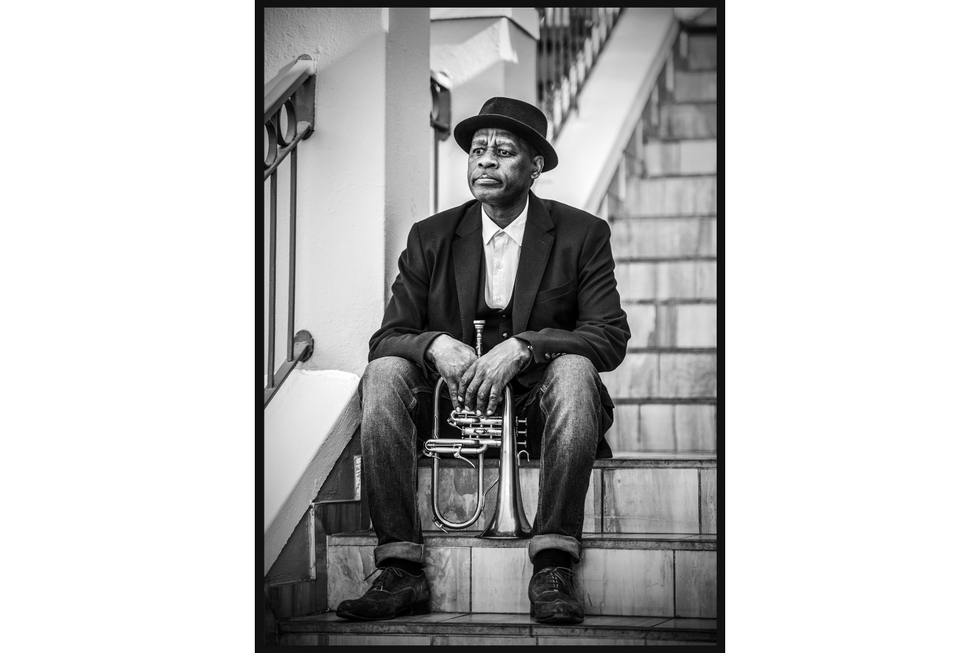
Mhlambi started sharing his photographs with local media outlets like the Sowetan newspaper around 1989 or 1990, encouraged by friends to pursue this path.
His first submission included a film roll he received from the renowned photographer Peter Magubane, which featured a dramatic image of a burning bus during the ANC/IFP conflicts in the early 1990s. The positive response led to further opportunities, allowing him to work with notable publications like The Star, Sunday Times, and City Press. After a clash with the picture editor at City Press, Mhlambi found a new opportunity at Drum Magazine, where he was retained in 1991, marking a significant milestone in his career.
“I suddenly found myself in high demand, working as a prominent photographer without fully understanding how I had reached that point. It was an exciting time,” he reflects.
From a background of struggle and adversity to becoming a respected photographer, Mhlambi exemplifies resilience and success.
The latest edition of Expressions pays tribute to iconic South African musicians who have passed, including legends like Hugh Masekela, Miriam Makeba, Jonas Gwangwa, and Zim Ngqawana.
“I even have large-scale prints, measuring three by four meters. This exhibition features work unlike anything I have done before,” he adds.
Watching Mhlambi in action is a testament to his skill; he navigates difficult situations to capture the perfect shot, consistently achieving stunning results. His instinct for timing and composition is extraordinary.
“Reflecting on my journey, I owe a debt of gratitude to those who believed in me, from the teacher who gifted me a camera to the friend who offered me shelter. They all made a difference in my life,” he concludes.

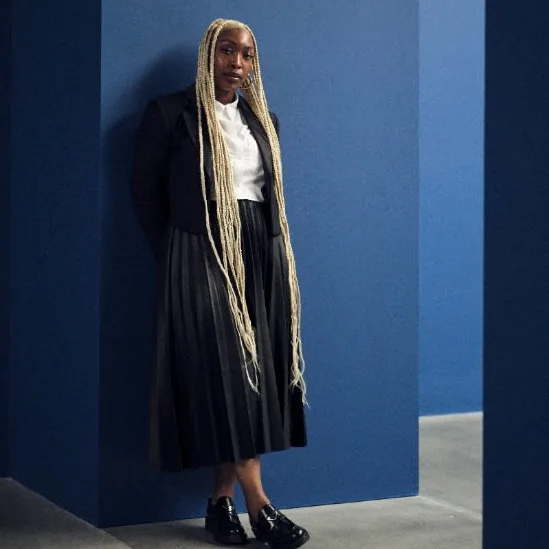
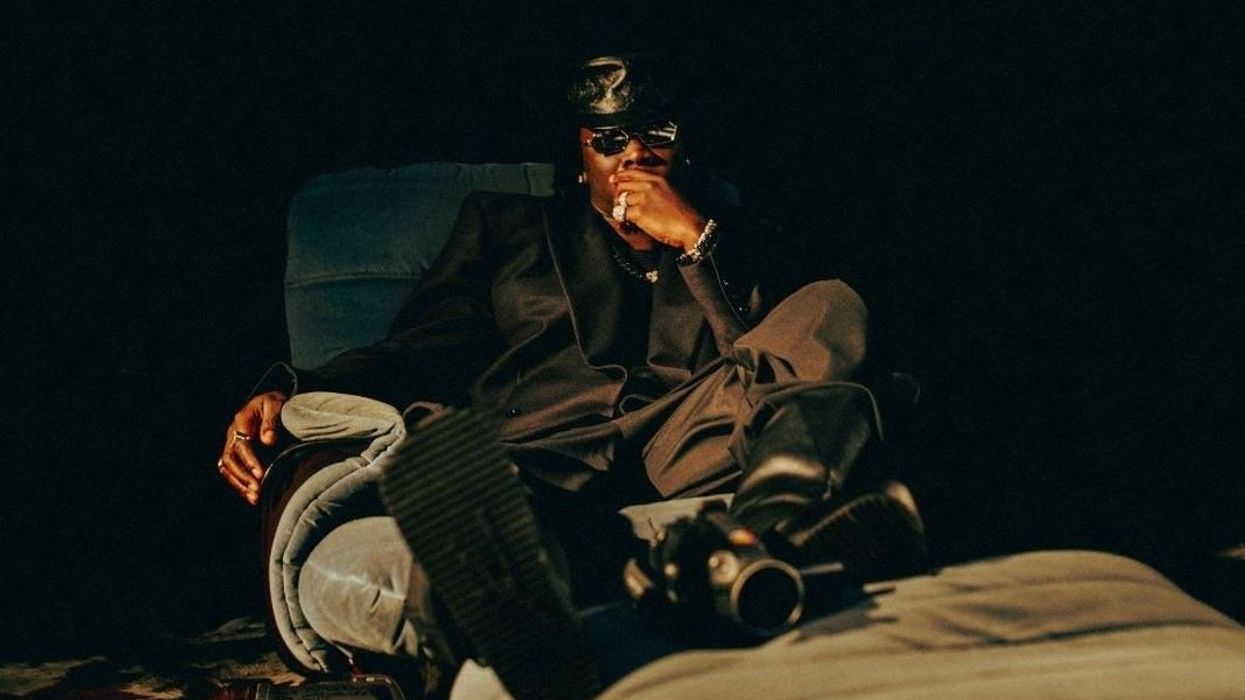
Comment